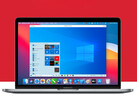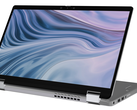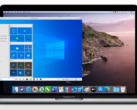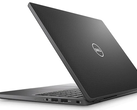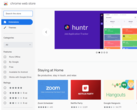Chromebooks offer a simple but powerful experience for most people, but Chrome OS has some glaring weaknesses. Chief among them is its incompatibility with Windows applications, especially those upon which many businesses around the world rely. That is changing thanks to new software from Parallels, one of the leaders in cross-compatibility tools.
Parallels Desktop for Chromebook Enterprise (PDCE) is a new software tool from the company. The program allows Chrome OS to run Windows-only apps (e.g., Microsoft Office, Microsoft Outlook, etc.). PDCE enables users to run both Chrome OS and Windows apps side by side on a Chromebook, even when the Chromebook is not connected to the Internet.
Coupled with many Chromebooks’ ability to run Android apps, PDCE makes compatible Chromebooks some of the most versatile business laptops on the market.
Parallels claims that the integration is seamless; both Windows and Chrome OS apps will share the same clipboard, mouse cursor, network connections, and more. PDCE also allows IT admins to manage both the Windows and Chrome OS features of a Chromebook, giving IT departments the control they need for deployment, security, and more.
Not every Chromebook is compatible with PDCE, though. Parallels lists the minimum system requirements as follows:
- Processor: Intel Core i5 or Intel Core i7
- Memory: 16GB
- Storage: 128 GB SSD or more
Parallels also lists a handful of enterprise-ready Chromebooks as “preferred devices.” Among them are HP’s Elite c1030 Chromebook Enterprise, Google’s Pixelbook Go, the Acer Chromebook Spin 713, and a few others.
We currently have a few enterprise Chromebooks under review and will try to get a trial of PDCE to test things out. Let us know what features you’d like us to test (if we are able) in the comments.






